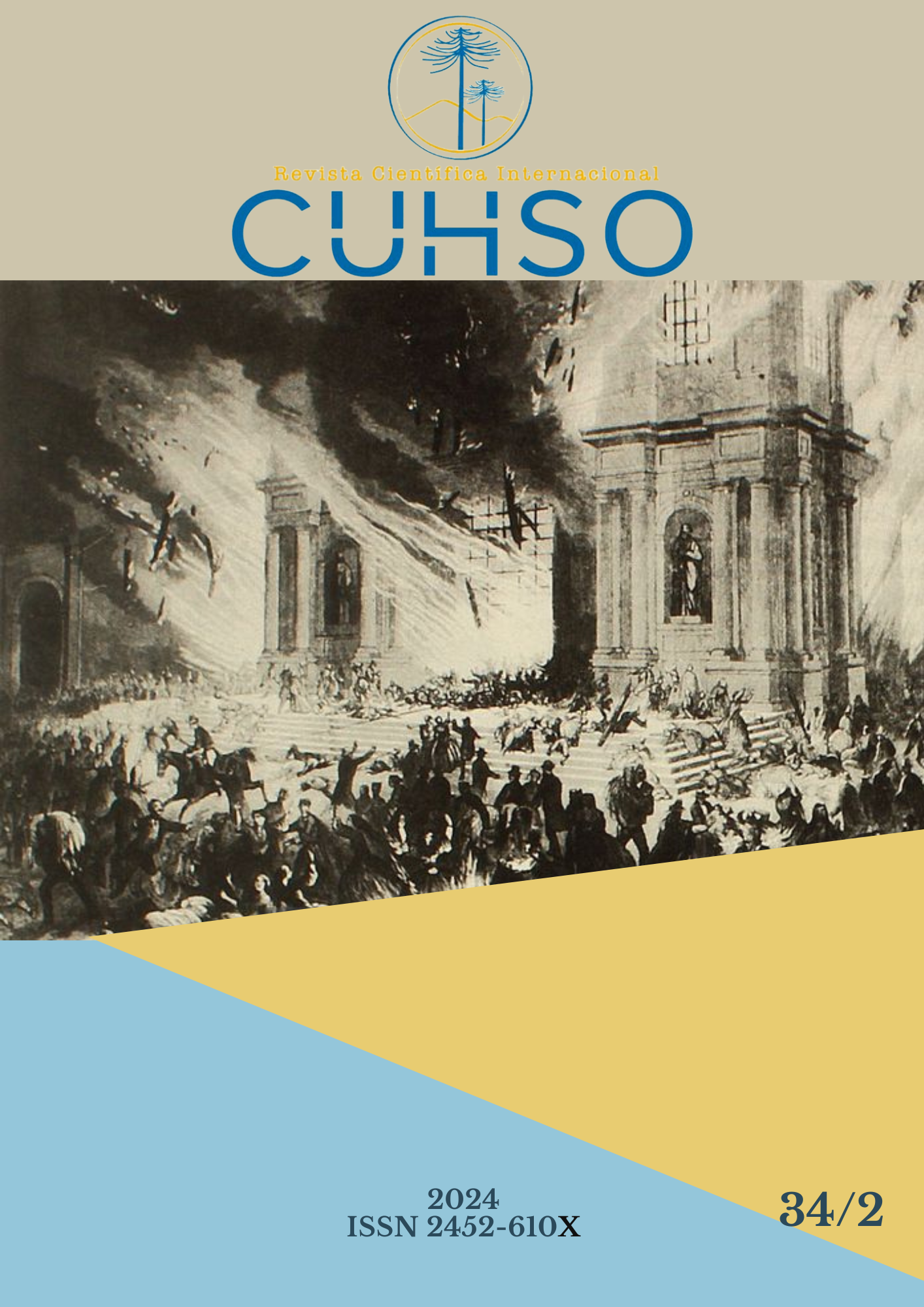Abstract
The essay examines the relationship between extractivism, a mode of capitalist production, and the phenomenon of forest fires. From an intercul- tural perspective, this study analyzes the sociohistorical dynamics that have occurred in the Llaima and Icalma territories, which share the "China Muerta" forest reserve and comprise part of the communes of Lonquimay, Melipeuco and Cunco in the Araucanía Region. The analysis of various sources leads to the conclusion that the territory in question has a history of systematic violence against the people who have inhabited the study area. This is reflected in the name of the reserve, which is directly related to the colonialism. Extractivist logics and practices, including the use of fire, are also evident. From an intercultural and decolonial perspective, it can be acknowledged that a Mapuche-Pewenche territoriality exists in the vicinity of the "China Muerta" nature reserve. This territoriality enables the resignification of this space, which is a crucial step in the process of healing the wounds of colonialism.

This work is licensed under a Creative Commons Attribution 4.0 International License.
Copyright (c) 2025 Noelia Figueroa Burdiles, Pablo Marimán Quemenado


